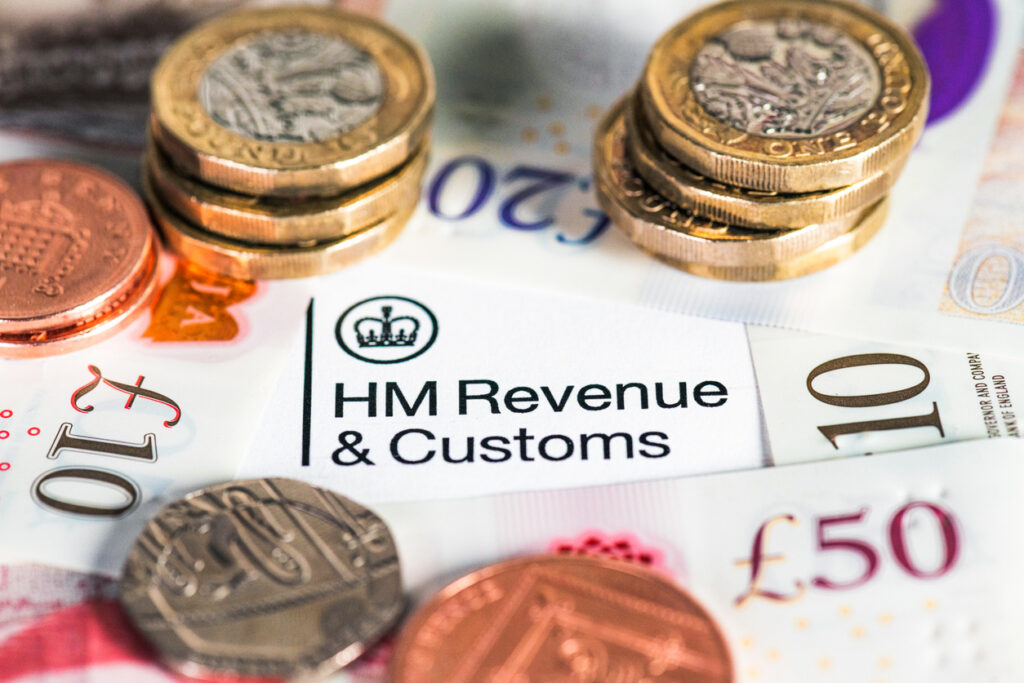In the 2022-2023 fiscal year, the United Kingdom faced an unnerving £5.5 billion in tax evasion in the retail sector. His Majesty’s Revenue & Customs (HMRC) noted that 81% of tax fraud cases derived from small businesses, a rise since the 66% reported in 2019-2020. With tax fraud worsening, the need for a solution has never been more pressing.
Drowning in the billions of pounds lost, the nation’s economy yearns for an equilibrium between the tax owed and the tax paid. Despite the crisis, the Committee of Public Accounts within the UK Parliament declares “HMRC does not have a specific strategy to tackle tax evasion” and “is likely to have underestimated the scale of evasion.”
In an attempt to disclose the volume of tax fraud cases that go unnoticed, HMRC maintains an informant system. Similar to the United States’ whistleblower programs, informants can anonymously report instances of tax fraud to HMRC and, as outlined in Section 26 of the 2005 Commissioners for Revenue and Customs Act, receive a reward in return. The system proved resourceful, as in the 2023-2024 tax year, 151,763 informants came forward, a number that was topped the following year with 164,670 reports.
Despite the increase in reports, however, the amount of monetary compensation issued by HMRC has declined. In the 2024-2025 tax year, £852,438 was paid in rewards, whereas the previous year amounted to £978,256. The 13% drop in rewards, despite a 9% increase in reports, raises the risk of disincentivizing individuals from reporting fraud. Demonstrating this, in his February 2024 speech, the Director of the United Kingdom Serious Fraud Office, Nick Ephgrave, estimated that over 700 whistleblowers have confided in the United States since 2012, after reckoning with the UK’s insufficient system.
The United Kingdom’s failure to adequately incentivize reporters goes back to the very foundations of the system. The informant scheme, as Cooley explains, “lacks a structured framework,” as financial awards are determined on a “discretionary basis.” In turn, the “ad hoc” system, as writer Adam Craggs terms it, allows for volatile reward amounts, falling well below the United States’ whistleblower programs, which are equipped with fixed percentages of mandatory awards.
The United Kingdom recognizes its shortcomings; earlier this year, HMRC announced its plan to “launch an enhanced reward scheme for informants.” The new scheme, inspired by that of the United States and Canada, permits that compensations be “linked to a percentage of any tax taken,” resolving the arbitrariness of the current award payments.
While the plan sounds promising, anonymous sources declare that the program will not require mandatory payouts, one of the most salient features of the US whistleblower program. One lawyer commented off the record, “Without a mandatory payment requirement, the UK program will not have the same incentives and deterrent impact as the US program.” The lack of incentives and the recent drop in award payouts create uncertainty about the United Kingdom’s commitment to whistleblower rewards. After years of enduring a tax fraud epidemic, the UK may see some accountability if the HMRC successfully
